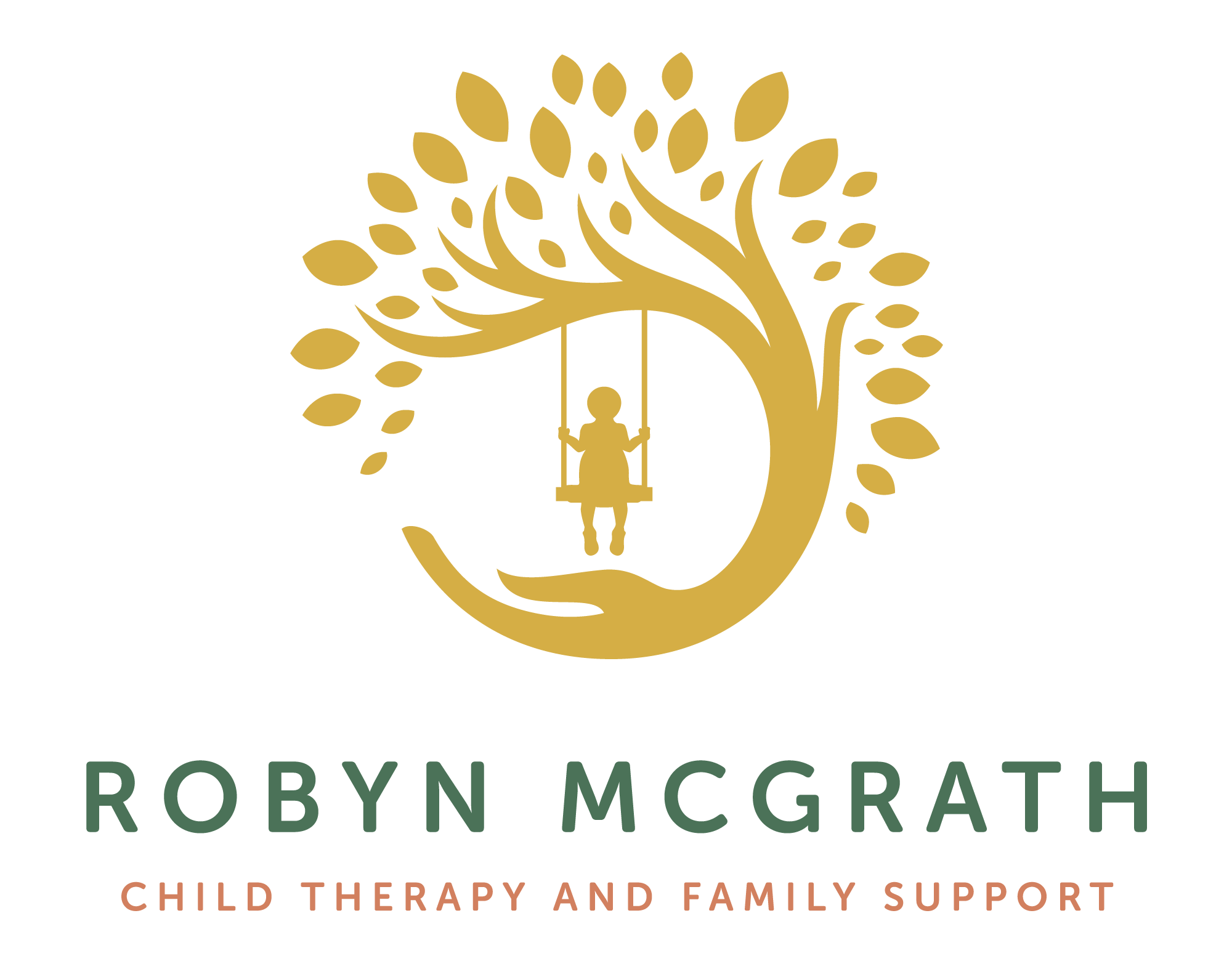Family Game Nights
As the temperature drops and more and more families head indoors, visions of warmth and family bonding around a fireplace come to mind. But I must confess, we don’t have a fireplace. So, the next best thing to comfort and warmth with my family is a game night!
It’s a time when my family becomes collectively focused on the task at hand. We encourage each other and manage frustrations. We laugh together and tame outbursts. It can be work!
BUT, there is a lot to be said for this microcosm we create for our children. They can explore and practice desirable and undesirable behaviors in the safety of their own home—and with people who love and support them. If the idea of a family game night makes you cringe, hear me out! Because science is proving that old-school fun has many surprising benefits.
1. Games lead to an increase in academic skills
When was the last time you completed a Madlibs page? Completing these with my children never fails to result in the biggest belly laughs. And they are learning parts of speech in the process: adjectives, adverbs, nouns and verbs. Clue is a favorite in our house and at the same time our children are increasing their critical thinking skills. Quirckle focuses on colors, shapes, critical thinking and patterns. Candy Land and Chutes and Ladders are classics that help build number sense and foundational math concepts. Try rolling 2 dice in your game vs. 1 to increase your child’s addition skills. There are a myriad of ways that games build your child’s academic prowess.
2. Games lead to increase in social skills
When children are involved in game play they are learning important social skills that translate outside of the home. Sharing, communicating, waiting and taking turns are just a few. They are also learning to take another person’s perspective and how to win, or lose, graciously. Practicing these skills with parents is invaluable. Children can safely try out new behaviors and extinguish old patterns of play that no longer serve them.
3. Increase in self-regulation skills
The up and down of emotions during game play increases your child’s ability to self-regulate. Self-regulation goes hand-in-hand with the executive functions of the brain, meaning the ability to plan and organize our ideas, sustain information in our head, filter out distractions, and problem-solve flexibly. As a parent it’s important to remind ourselves of these valuable skills because what may be “easy” for us is hard work for our children who struggle with attention, concentration and hyperactivity.
BUT… what happens when the game doesn’t go as planned? What happens when there are tears? And tantrums?
1. Set expectations at the beginning of the game by reviewing all rules prior to starting. Children often want to change the rules as you go along. Ensure everyone is on the same page from the beginning. Let children help make the rules for who goes first.
2. Anticipate big feelings by discussing beforehand what to do in the event you win or lose. Have everyone give an example of something they can say to another player. Discuss together what fairness looks like.
3. Practice empathy, reflection and reframing as big feelings arise.
“I'm so proud of you for staying calm even though you picked a card you didn't like. I hope next time you pick the one you wanted."
“You didn’t get the card you wanted, but you are still in the lead.”
“That frustrated you when your sister got the card you wanted.”
“You feel disappointed that you aren’t in the lead anymore.”
Sometimes we tend to dismiss feelings as, “It’s not a big deal.” But this is a big deal in your child’s mind.
4. Modeling self-regulation by taking a deep breath when you don’t get the roll you wanted. Utilize a self-talk whisper while playing so that your children hear your internal thoughts. “I really wish I had gotten a 6, but that’s okay maybe next time. I’m still having fun.”
5. Choose to be flexible! Family game night is about having fun TOGETHER. What if your child wants to change a rule? If everyone is on board, go for it! You’re modeling flexible thinking.
Most importantly have fun! Board games are meant to be relaxing and encourage communication. This is a time for your family to bond, build on your strengths and problem solve together. Best of all, board games remind us how to play and have fun with our family, bringing us back together after a long week of hectic schedules.
It can be work, but the warmth and connection you build are worth it.
Liked this article? Share it with your friends!

